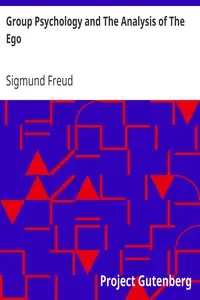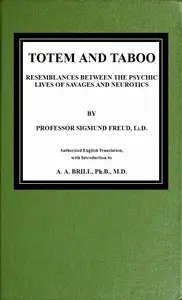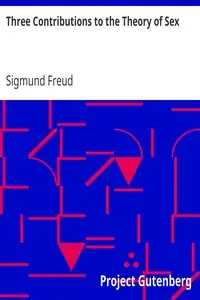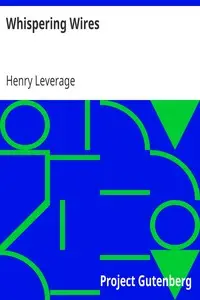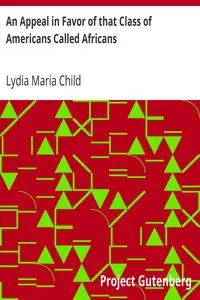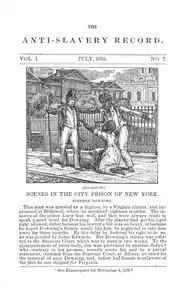"Reflections on War and Death" by Sigmund Freud is a psychological publication written in the early 20th century, during the tumultuous period of World War I. The book delves into the complex emotions surrounding war and death, exploring the disillusionment brought about by warfare and the deep-seated cultural and psychological implications of mortality. Freud examines how conflict affects the human psyche, leading to a reevaluation of values and attitudes that are typically taken for granted in peaceful times. In the book, Freud discusses the duality of human nature in relation to war and death. He highlights the disappointment faced by individuals who hoped for a more civilized approach to conflict among nations, only to witness the brutality and moral decay that war brings. Freud also explores humanity's ambivalence towards death, suggesting that while society professes to acknowledge it as a natural part of life, there exists a deep-seated tendency to deny its inevitability. This cognitive dissonance leads to a range of emotional responses, particularly in times of war, where death becomes a recurring reality rather than a distant concept. By analyzing these themes, Freud provides insights into both the individual and collective human experience during a time marked by widespread violence and loss. (This is an automatically generated summary.)

Reflections on War and Death
By Sigmund Freud
"Reflections on War and Death" by Sigmund Freud is a psychological publication written in the early 20th century, during the tumultuous period of Worl...
Genres
Released
2011-04-15
Formats
epub
mobi
epub (images)
epub3 (images)
mobi (images)
Free Download
Overview
About the Author
Sigmund Freud was an Austrian neurologist and the founder of psychoanalysis, a clinical method for evaluating and treating pathologies seen as originating from conflicts in the psyche, through dialogue between patient and psychoanalyst, and the distinctive theory of mind and human agency derived from it.
Total Reviews
10.0k
Total reviews from Goodreads may change


